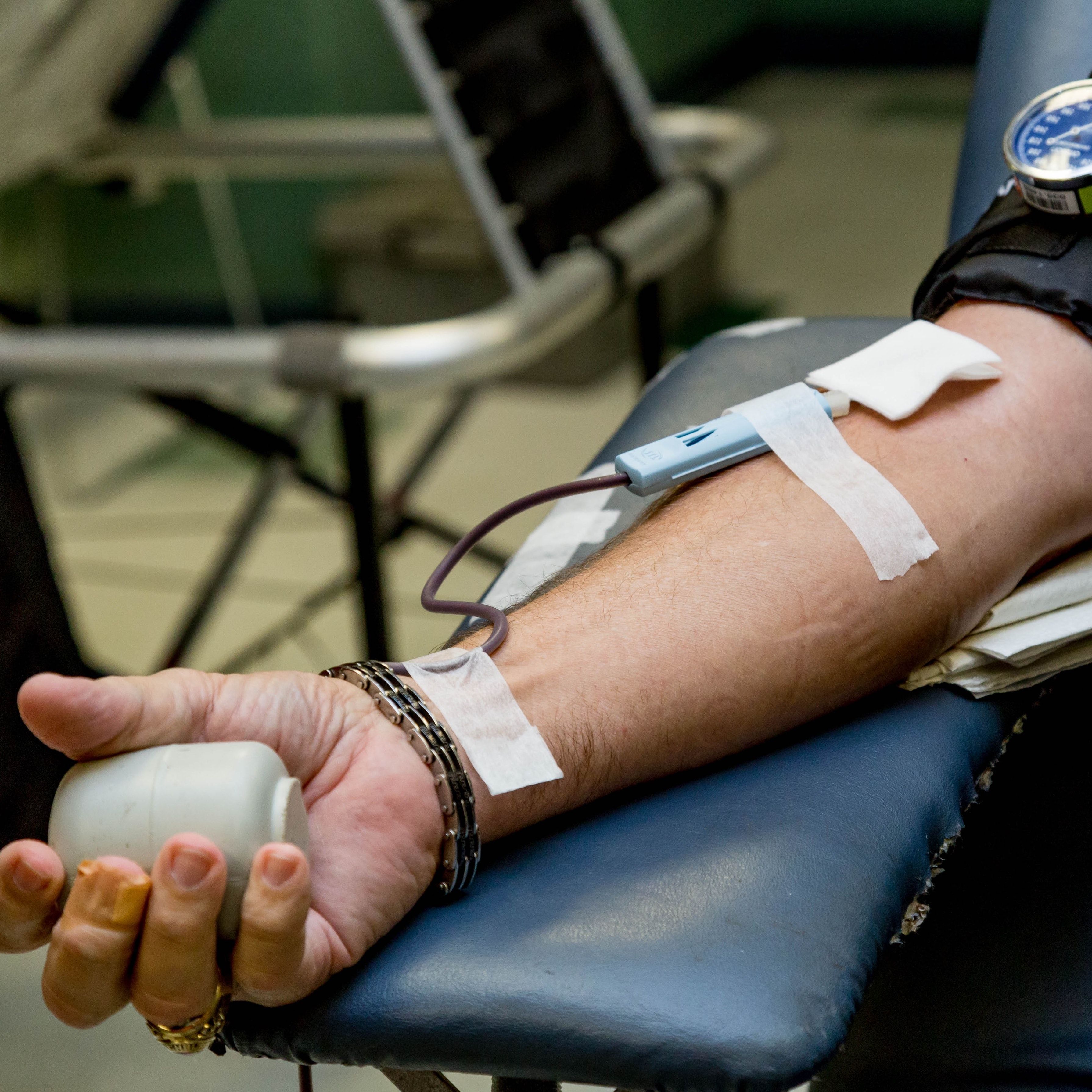Article
FDA Advisory Committees Want Restrictions on Oxymorphone Hydrochloride ER
Author(s):
A panel wants the FDA to restrict an opioid because abusers are injecting it.
A drug safety advisory committee joint panel today told the US Food and Drug Administration (FDA) to restrict or even end sales of oxymorphone hydrochloride extended release tablets (OpanaER/Endo Pharmaceuticals). The panelists were members of the Drug Safety and Risk Management Advisory Committee and the Anesthetic and Analgesic Drug Products Advisory Committee who met jointly.
Near the conclusion this afternoon of a two-day meeting, the group voted 18 to 8 with one abstention to reject the FDA’s current position that the benefits of the approved drug outweigh its risks.
Voting “no” meant the committee members were advising the FDA to take some remedial action. Choices range from taking the drug off the market, requiring physicians to get more education on how to prescribe the drug, adding a “black box” warning to its label about its potential to be abused, or other measures.
“It’s not an easy decision,” said Anita Gupta, DO, PharmD, of Drexel University in Philadelphia, a committee member. Assessing the risk for people who misuse any drug deliberately “is not part of the industry’s responsibility but here it is occurring with post-marketing deaths,” she said, “I’m a pain physician and I know the importance of having alternatives, but I need to know these drugs are safe.” She added that she thought the drug should be removed from the market.
The minority view was expressed by David Craig, PharmD, who voted that the benefits outweigh the drug’s risks. “Cancer patients are underserved [in effective pain treatment] and we change stuff around a lot, so we need this drug,” Craig said. He works at H. Lee Moffit Cancer Center and Research Institute.
The FDA called the hearing after learning of drug hazards from post-marketing reports, journal literature, news accounts, and public health department investigations. All have come to light since the company reformulated its drug in 2011, adding substances the company thought would deter abuse.
But Endo’s efforts to make the product more resistant to abuse worked only partially. The reformulated drug did become harder to inhale, panelists agreed. Instead, when those who wanted to abuse the drug found out the reformulated product could no longer be easily crushed, due to a new polymer coating, they found ways to dissolve and inject it.
The adverse events reported since then include a cluster of cases of HIV and hepatitis C infections in Opana users in Indiana who, according to Indiana investigators, got these viruses by needle-sharing while injecting the drug.
There have also been reports of mysterious thrombocytopenic purpura-like illnesses in Opana abusers in Tennessee. The condition, known as TTP occurs when blood clots form in small blood vessels throughout the body. One theory under consideration is that the clots were caused by the polymer coating--which turns into a viscous gel with water--getting into injectors’ blood. Though that was not reported in the Indiana investigation, the cohort of abusers there may have been too small for TTP to show up and there may be undiagnosed or unreported cases of TTP, committee members theorized today.
Those who testified at the hearing agreed all the adverse events were related to deliberate misuse of the drug by injecting it—not by accidental misuse by people who were prescribed the drug for medical reasons.
“The question here is do abuse deterrents make life better or worse,” said John Mendelson, MD, a committee member.
“Endo spent a lot of money and a lot of wasted effort figuring out which coffee grinder worked better at crushing the drug. . .they ended up creating a new iatrogenic illness that didn’t deter abuse and that is not the outcome we want,” Mendelson said.'
The end result, he said, “We might have to accept intranasal abuse to get rid of IV abuse.”
His own preferred result would be to order the manufacturer to go back to the lab, find a better way to deter abuse without increasing the risk people would inject it. Taking it off the market would only encourage misuse of generic oxymorphone, he said.
Several committee members said they did not have enough epidemiological data to use in deciding how to vote, and also wanted more information on whether the drug is particularly beneficial for any specific set of patients.
An FDA official agreed, but said the agency had presented what it could.
"I know we bring you difficult challenges without enough data," said Judy Staffa, the FDA's assistant director for public health initiatives, adding that this time, that included meeting in a severe snowstorm.





